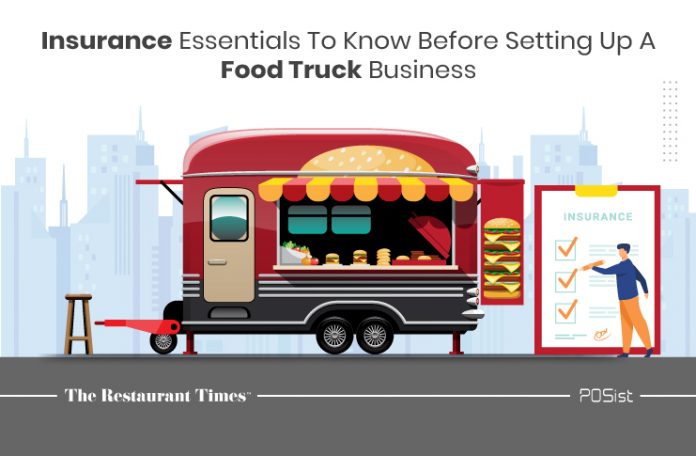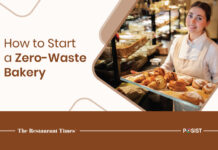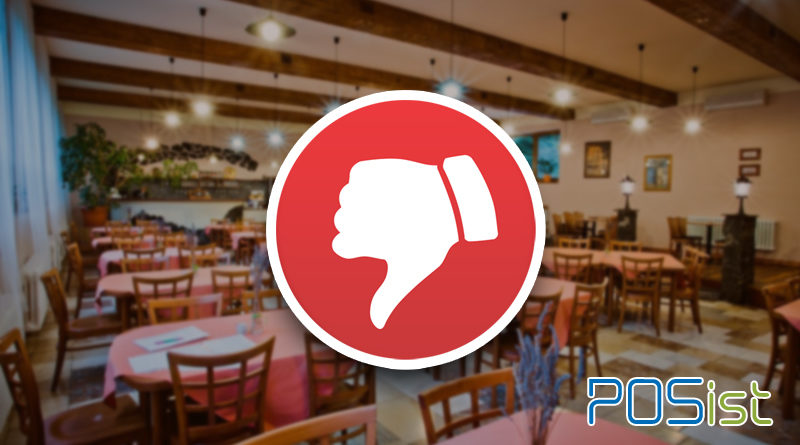Time has never been better to open your food truck, and the most critical business step is investing in insurance. The number of food trucks in the United States roughly doubled between 2013 and 2018, and for all good reasons. Owning a food truck offers a relatively low startup cost, location flexibility, and customers can’t get enough of affordable roadside cuisine. However, if you don’t have the correct insurance, your food truck might cost you thousands of dollars or perhaps your business in jeopardy in time of a mishap.
Insurance companies, on the other hand, see food trucks in a different light. For them, it’s a risk to insure food trucks as they bring in a dangerous kitchen environment with the hazards of a moving vehicle. This means that owning a food truck requires commercial business coverage and auto insurance coverage at the same time. Having the appropriate insurance shows you’re prepared to face challenges and could save you financially in case of mishaps.
Everything You Need To Know About Food Truck Insurance
This article will highlight everything you need to know about food truck insurance; from which kind of insurance is the best for your food truck, where to get it and how to search for the best that suits your budget.
1. Food Truck Insurance Cost
The policies determine the cost of food truck insurance you select, the unique risks your food truck faces, the value of your business equipment, and several other critical operational considerations. According to Cover Wallet, the average cost of food truck insurance is approximately $2,000 – $4,000 a year but could differ depending on the coverage resource you choose. In addition, elements like location play a huge role as the rates are higher when you serve food in rising locations or work primarily in high-traffic venues such as street festivals.
2. Kind of Insurance
Food trucks come in many forms and sizes, but they all have one thing in common: they are mobile businesses. Because of the simplicity of transportation, food trucks can operate in various settings and take advantage of ideal sites, such as festivals and large-scale events. To provide adequate insurance coverage for a mobile food truck, you’ll need a combination of policies that work together.
(i) General Liability Coverage
General Liability Coverage is the first policy food and beverage business owners purchase. Customer injury, customer property damage, and advertising injury are all covered by General Liability Insurance. It helps you prepare for leases and contracts while also protecting your small business from the hefty expenses of lawsuits.
(ii) Workers’ compensation insurance
In a kitchen, cuts and burns are almost unavoidable. An injury in the kitchen can send your workers to the emergency room which means hefty hospital bills and time off work. Workers’ compensation helps pay an injured worker’s medical expenses such as an ambulance and emergency room visits. It also covers lost wages for the time spent recovering and ongoing medical costs such as medications.
/Primary_Image-cae6a4985cc34a5eb9afdceba78ab287.jpg)
(iii) Commercial Auto Coverage
Driving food trucks and covering miles upon miles can lead to accidents on the road leading to the driver being injured or the truck being damaged. An accident could cost your business thousands of dollars, especially if it leads to a lawsuit. Commercial auto insurance covers legal bills, medical expenses, and property damage if a business vehicle is involved in an accident. It comes in handy if you own a food truck and send employees on errands or transport equipment required for food preparation.
(iv) Business Property Coverage
A business owner’s policy (BOP) bundles the general liability insurance with commercial property insurance. Thus, it offers the finest protection against common food-service-industry mishaps. Damages to the inventory, culinary equipment, slander, both written and spoken, and copyright infringement charges are all included in a BOP.
(v) Liquor liability insurance
If you are planning to serve drinks that contain alcohol, you will need a liquor liability license even if your customers bring their own alcohol to your food truck. This insurance covers you in the case of a customer injury or property damage caused by a patron who has taken too much alcohol at your truck.
3. How To Get Food Truck Insurance?
As you work on your food truck business strategy, you’ll want to start looking for the best food truck insurance for your needs. The first step towards that is to research what kinds of insurances are required in your state to have a food truck up and running legally.
After that, get in touch with other food truck owners in your area for advice on which companies to rely on. Get quotes when visiting various insurance providers with information to compare directly. Then, review those quotes and purchases by comparing them with each other and choose the provider that grants you the most coverage within your budget.
The food truck business has grown significantly over the last decade, resulting in a growing demand for customized insurance solutions. Obviously, you care about your food truck business. Covering it with comprehensive insurance to safeguard it from liabilities, crashes, and other risks will give you peace of mind and a profitable business in the long run.

















